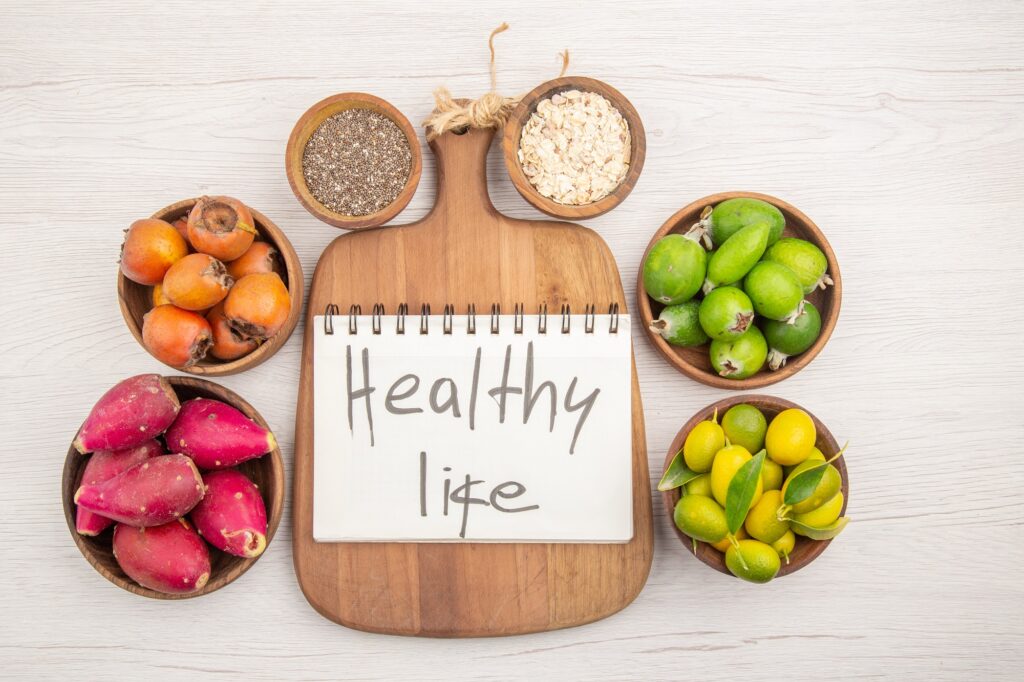Diet in Liver Disease
Yes, due to our changing life style patterns, eating large meals rich in saturated fats and refined carbs, increased alcohol intake either as a status symbol or to cope up with stress. These wrong eating and drinking habits put a lot of stress on the liver and such continuous state of stress usually results in liver damage.
The Mediterranean diet is good for liver patients. The Mediterranean diet is a healthy diet rich in fruits and veggies, more of whole grains, nuts and legumes, lean meats and less of sweets and added sugars.
But the quantity of food depends upon the individual requirements.
First of all a dietitian prepares a NCP (nutritional care plan) according to the patient’s weight, height, the recent reports like liver function tests, ultrasound or a fibroscan.
Adapting to a Mediterranean diet is hard for patients because we are surrounded by convenience foods and junk on a daily basis. This diet is focused. It is important for patients to be able to sit down and learn about the benefits of the recommended diet and ask questions. Then they can set realistic and attainable goals with a nutrition expert, rather than something that sets them up to fail.

Need help right away?
Book your Consultation

Liver Disease
Liver is the largest organ in the body. it has many important functions that helps to support immunity by detoxification of the blood and also helps to metabolize the nutrients and their distribution in the body.
There are many kinds of liver diseases, like hepatitis, are caused by viruses. Others can be the result of drugs or drinking too much alcohol. Long-lasting injury or scar tissue in the liver can cause cirrhosis. Jaundice, or yellowing of the skin, can be one sign of liver disease.
Diet plays a crucial role in managing liver diseases.
A balanced diet is essential for maintaining optimal liver health. It can help prevent liver damage and support the regeneration of liver cells. Moreover, for individuals with liver diseases like non-alcoholic fatty liver disease (NAFLD) or cirrhosis, maintaining a healthy weight is important. A nutritious diet can help achieve or maintain a healthy weight, reducing the risk of disease progression.
Lean protein is essential for liver health and supporting various functions such as tissue repair. However, people with advanced liver disease may require protein restriction based on individual factors.
Limiting the consumption of fatty foods can assist in managing conditions like NAFLD and prevent further liver damage.

Excessive sodium intake can lead to fluid retention, causing complications for individuals with liver diseases such as ascites. Monitoring sodium intake and opting for low-sodium alternatives can help to relive the symptoms.
For those with liver diseases, including alcoholic liver disease, abstaining from alcohol is crucial for liver healing and preventing further damage.
Consuming a variety of fruits, vegetables, whole grains, and lean proteins can provide essential nutrients needed for liver function and overall health.
It’s important to understand that each liver disease has specific dietary considerations. Consulting with a healthcare professional or registered dietitian can help create a personalized diet plan based on your specific condition and needs.
